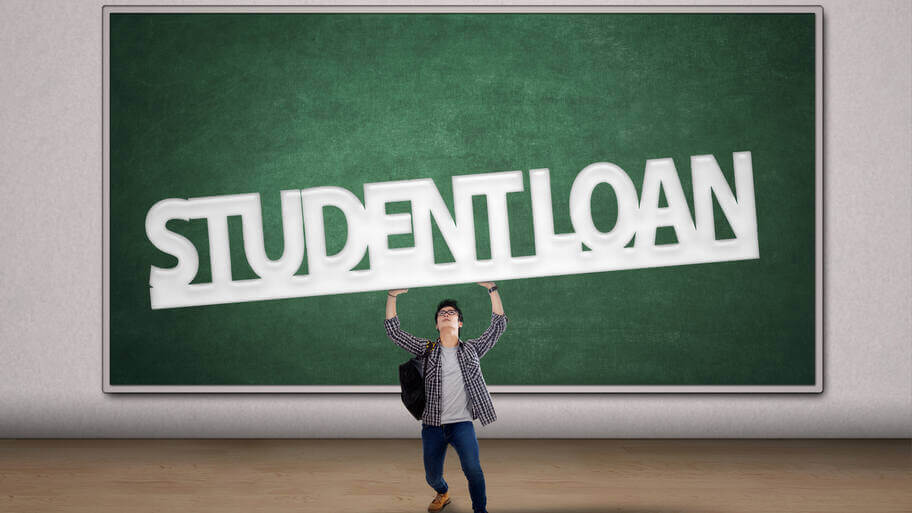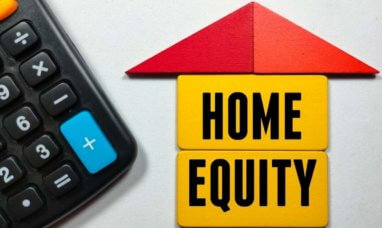Higher education can be incredibly expensive. Many students find themselves facing the anxiety of student loan debt and can potentially shoulder that burden for over a decade. It’s important to carefully consider and determine the best options for swift student loan repayment options. Here are some strategies to help clear the way to financial freedom.
Should I Choose a Federal Loan Over a Private Loan?
Which loan type you choose can play a role in your repayment options. Here are some federal student loan pros and cons:
Pros
-
-
-
-
- Student loans are typically fixed rate
- They do not require a credit check
- The government can help pay interest while you are in school
- You have more repayment options
-
-
-
Cons
-
-
-
-
- Not all students are eligible
- They must be repaid, and there’s a cap to the lending amount
-
-
-
Lower-Interest Options
If your plan is to resolve the loans quickly to accrue as little interest as possible, the standard repayment option is probably your best bet. On the bright side, you will automatically be placed in this plan when you begin repayment.
Typically, this option consists of structured payments spread throughout a 10-year period. The payments will consist of 120 payments throughout the life of the plan, but every payment is a static amount.
This plan is beneficial if you want to pay as little as possible for your loans and prefer the stability of a set payment schedule.
The downside is that the payments may be high because your total loan amount is evenly divided by 120, and that amount is what you pay every month. Also, this plan isn’t the best option if you are interested in Public Service Loan Forgiveness.
Lower Loan Payment Options
If the standard plan offers too high of a monthly payment for your financial situation, there are a variety of flexible repayment options to reduce the amount for federally insured student loans (FISL)— even though that means that the life of your loan repayment will be extended.
Note that some of these plans may only be available contingent on having specific types of loans.
Graduated Repayment
The advantage of a graduated repayment plan is that it gives you an opportunity to use your education to earn more money over time. This plan works by providing lower monthly payments at the beginning of the policy and gradually increasing them over time.
Therefore, you are provided with an opportunity to make increasing amounts of money to handle your loan while enjoying lower payments until you have a chance to get on your financial feet.
Pay As You Earn (PAYE)
This plan creates a payment cap of 10% of your money remaining after necessary expenses and gives you an option for loan forgiveness after twenty years of payment on the loan.
It is a good choice if you don’t expect your income to change much over time, are married with two incomes, and is especially beneficial if you have grad school loans.
Revised Pay As You Earn (REPAYE)
The REPAYE plan is similar to the PAYE plan, except it works best if you are single and expecting your income to improve in the future, and is an option if you do not qualify for the other plan.
A spouse’s income is taken into account even if taxes are filed separately. This plan provides an additional five years to repay the loan if there are also graduate loans involved.
Income-Based Repayment Plan
If you have high debt in relation to your income, an income-based plan is something to consider. This plan is best if you are married, do not expect your income to improve, and if you do not qualify for PAYE.
This plan takes payments of 10% of your non-essential income, much like the other plans, and is another good option if you are interested in receiving loan forgiveness.
Income Contingent Repayment (ICR)
If you are unable to afford the standard student loan repayment monthly fees, but you can handle more than the other options in this category, this may be the strategy for you.
Monthly payments with this plan consist of 20% of your non-essential income or optionally a fixed rate over twelve years instead of the standard ten-year plan.
However, if you are married and within a higher tax bracket, this may not be as viable an option.
Emergency Contingency Plan
Whatever plan you choose, there’s always the possibility of running into trouble making a payment.
There is an option for a payday loan, which allows you to take a small loan against your paycheck to help you meet a payment deadline, and the amount plus an interest fee will be taken from your next paycheck. It can help you in a pinch but be careful because if not used responsibly, this type of loan can cause greater problems.
Student Loan Forgiveness
Typically, only income-based plans are eligible for student loan forgiveness because the standard repayment method results in the loan being completely paid off before it becomes eligible for SLF.
This program is federal and called Public Service Loan Forgiveness. Eligibility includes government employees and some who are non-profit.
If you are eligible and make a majority of your payments by the loan forgiveness minimum time period (usually around twenty years), the program can eliminate the rest of your loan tax-free.
Private Student Loan Payment Options
If you have private student loans, you will most likely not be able to do an income-based repayment plan. Your best option would be to negotiate the refinancing of your loan to lower your interest rate.
Benefits of Refinancing
If your finances are stable and you have a credit score of at least six hundred, you could possibly refinance your student loan. There are some benefits to negotiating this strategy.
-
-
- You can get a lower monthly payment, which will make it easier for you to manage your finances
- Paying off your loan faster leads to lower interest, saving you money in the long run
- Since your debt-to-income ratio will be higher, it is easier for you to apply for a mortgage
- It doesn’t cost anything to refinance
-
If you decide to pursue this option, make sure that you shop around to see which lenders will give you the best rate.
Featured Image: Megapixl








